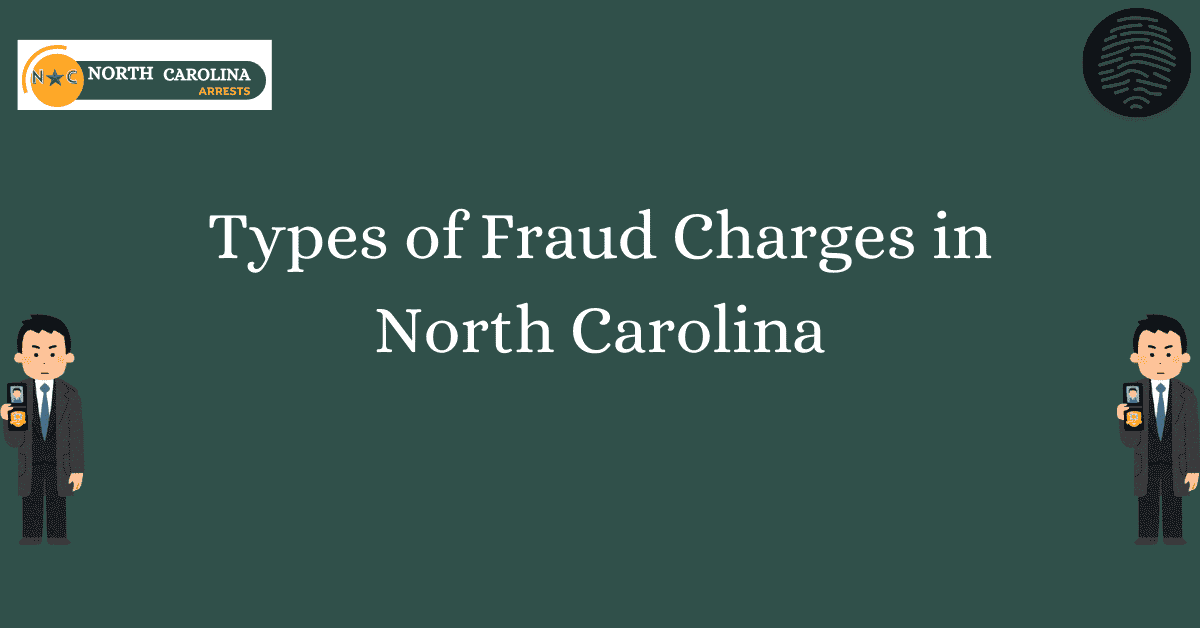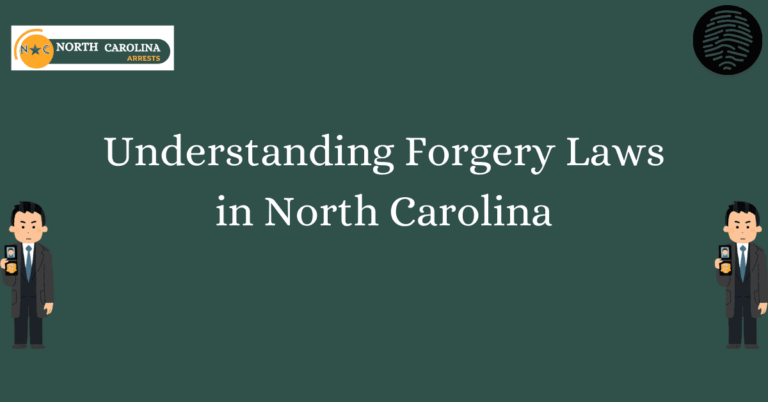Types of Fraud Charges in North Carolina
One of the most prevalent legal issues in North Carolina revolves around various types of fraud charges. From identity theft to insurance fraud, individuals in the state can face serious consequences if found guilty of fraudulent activities. Understanding the different categories of fraud charges is crucial for both residents and visitors to navigate the legal landscape effectively.
Whether it’s financial fraud or healthcare fraud, being aware of the specific laws and penalties in North Carolina is essential. By familiarizing yourself with the types of fraud charges in the state, you can protect yourself from potential legal troubles and ensure compliance with the law. Stay informed and educated on the nuances of fraud charges to safeguard your interests and reputation.
Overview of Fraud Charges in North Carolina
Fraud charges in North Carolina encompass a wide range of deceptive practices that can have serious legal consequences. Understanding the legal implications of fraud is crucial for individuals facing such charges, as they can result in hefty fines, imprisonment, and a tarnished criminal record.
The Legal Implications of Fraud
Fraud is defined as intentionally deceiving someone for personal gain. In North Carolina, fraud charges can include activities such as identity theft, credit card fraud, insurance fraud, and more. It is essential to seek legal advice if you are facing fraud charges to understand your rights and potential defences.
Types of Fraud Charges in North Carolina
There are various types of fraud charges in North Carolina, including but not limited to wire fraud, mail fraud, bank fraud, securities fraud, and healthcare fraud. Each type of fraud carries its own set of legal implications and potential consequences if found guilty.
Consequences of Being Found Guilty
If found guilty of fraud charges in North Carolina, individuals may face significant penalties such as fines, restitution to victims, probation, and even imprisonment. A criminal record resulting from fraud charges can also have long-lasting effects on employment and personal reputation.
Financial Fraud Laws in North Carolina
Financial fraud laws in North Carolina aim to protect individuals and businesses from deceptive financial practices. Penalties for financial fraud activities can be severe, including lengthy prison sentences and substantial fines.
Penalties for Financial Fraud Activities
Individuals convicted of financial fraud in North Carolina may face penalties such as restitution to victims, fines, probation, and imprisonment. It is crucial to seek legal advice to understand the potential consequences of financial fraud charges and explore possible defences.
Legal Defenses Against Financial Fraud Charges
There are various legal defences against financial fraud charges in North Carolina, including lack of intent, mistaken identity, and insufficient evidence. An experienced criminal defence attorney can help build a strong defence strategy to combat financial fraud allegations.
Healthcare Fraud Regulations in North Carolina
Healthcare fraud laws in North Carolina aim to prevent fraudulent activities within the healthcare industry, such as billing for services not rendered or overcharging patients. Prosecution of healthcare fraud cases is taken seriously, and individuals found guilty can face severe consequences.
Key Elements of Healthcare Fraud Laws
Key elements of healthcare fraud laws in North Carolina include intentional deception, false claims, and financial gain. Prosecutors must prove these elements beyond a reasonable doubt to secure a conviction in healthcare fraud cases.
Prosecution of Healthcare Fraud Cases
Prosecution of healthcare fraud cases in North Carolina involves thorough investigation, gathering of evidence, and presenting a strong case in court. Individuals accused of healthcare fraud should seek legal advice immediately to protect their rights and explore defence options.
Frequently Asked Questions
Our FAQ section aims to provide comprehensive information about Types of Fraud Charges in North Carolina. Below, you will find detailed answers to commonly asked questions regarding this topic.
What are the different types of fraud charges in North Carolina?
Types of fraud charges in North Carolina include credit card fraud, insurance fraud, identity theft, embezzlement, and securities fraud. Each type of fraud carries its own legal implications and penalties.
How is credit card fraud defined in North Carolina?
Credit card fraud in North Carolina involves the unauthorized use of someone else’s credit card information to make purchases or withdraw funds. This offence is taken seriously by law enforcement and can result in criminal charges.
What is the punishment for insurance fraud in North Carolina?
Insurance fraud in North Carolina involves making false claims to an insurance company for financial gain. The punishment for insurance fraud can vary depending on the amount of money involved and the circumstances of the case, but it often includes fines and potential jail time.
Can identity theft lead to criminal charges in North Carolina?
Yes, identity theft is a serious crime in North Carolina that can result in criminal charges. This offence involves using someone else’s personal information without their consent for fraudulent purposes, such as opening credit accounts or making purchases.
What is embezzlement, and how is it prosecuted in North Carolina?
Embezzlement is the act of dishonestly appropriating or misappropriating funds entrusted to one’s care. In North Carolina, embezzlement is prosecuted as a form of theft and can result in criminal charges, fines, and potential imprisonment.
What constitutes securities fraud in North Carolina?
Securities fraud in North Carolina involves deceptive practices in the stock market or other securities transactions. This offence can include insider trading, false information dissemination, or market manipulation. Securities fraud is taken seriously by regulatory authorities and can result in civil and criminal penalties.







